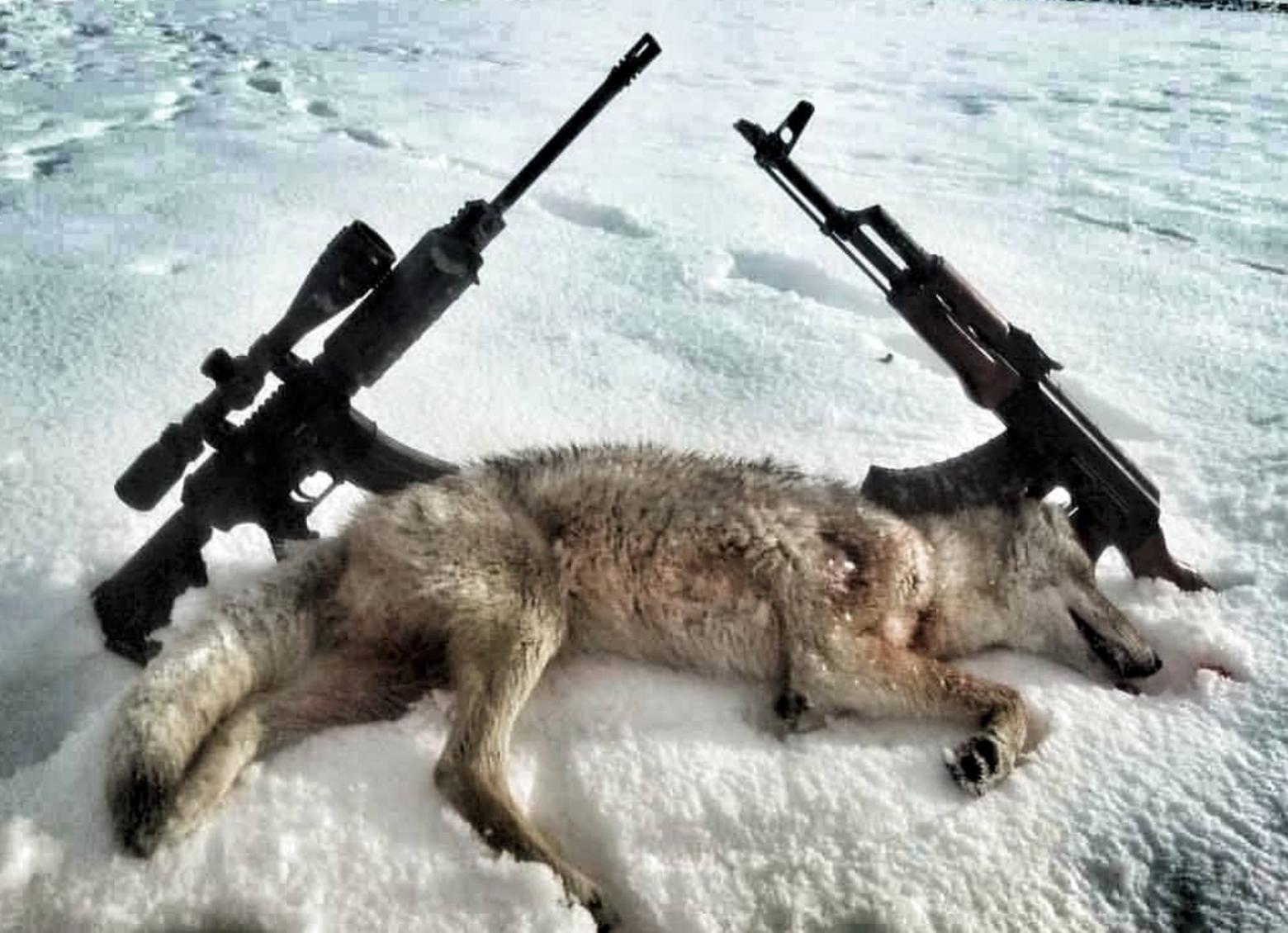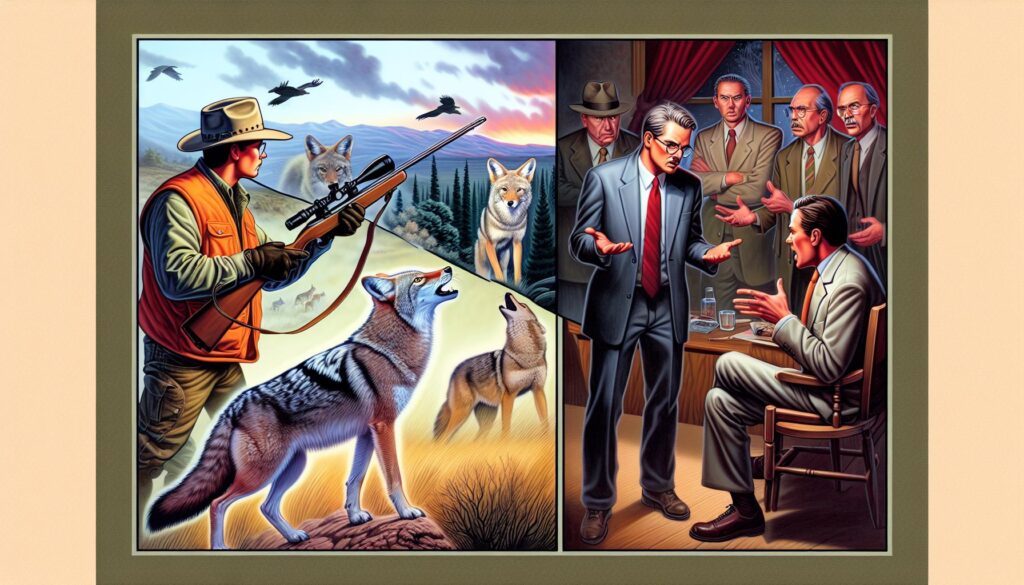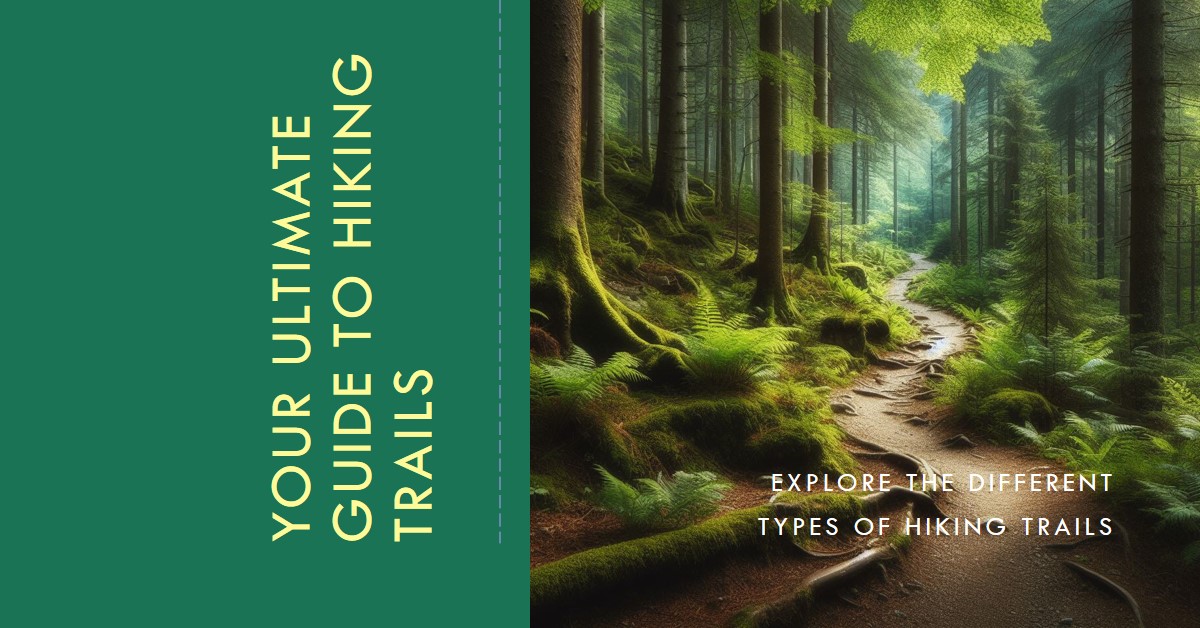Coyote hunting can be seen as ethical depending on personal beliefs and views. In some regions, it is considered necessary for conservation and livestock protection, while others argue against it due to concerns about animal welfare.
Ethical viewpoints on coyote hunting may differ, making it a subjective matter. Coyote hunting has been a topic of ongoing debate regarding its ethical implications. While some argue that hunting coyotes is necessary for the conservation of other species and livestock protection, others express concerns about animal welfare and the impacts on population dynamics.
The ethical standpoint on coyote hunting is subjective, heavily influenced by personal beliefs and values. This contentious issue has prompted discussions among environmentalists, hunters, and animal rights activists. To fully understand the ethical dimensions of coyote hunting, one must consider various perspectives and contemplate the broader implications for wildlife management and ecosystem sustainability.
Table of Contents
Overview Of The Ethical Concerns
Coyote hunting raises ethical concerns, with animal rights activists arguing against needless killing. Hunters counter that culling coyotes is necessary to protect livestock and ensure ecological balance. Additionally, the environmental impact of coyote hunting must be considered, as it may disrupt ecosystems and unintentionally affect other species.
Understanding these perspectives is crucial to analyzing the ethics of coyote hunting.
Ethical Arguments Against Coyote Hunting
Coyote hunting raises ethical concerns due to the unfair advantage humans have over these animals. Additionally, it often leads to unnecessary suffering for the coyotes. Conservationists worry about the impact of hunting on the overall population of coyotes. Instead of resorting to hunting, alternative methods of population management should be considered.
These could include implementing non-lethal measures such as habitat modification or contraception. It is important to carefully evaluate the ethics of coyote hunting and explore alternatives that prioritize conservation efforts while minimizing harm to these animals.
Ethical Arguments For Coyote Hunting
Coyote hunting has been a topic of debate concerning its ethics. The arguments in favor of this practice revolve around predator control, economic benefits, and ecosystem balance. Many believe that hunting coyotes is necessary to protect livestock from being attacked.
By controlling the predator population, farmers can ensure the safety of their animals. Additionally, hunting promotes economic benefits in terms of revenue generation through licenses, permits, and supporting industries. It also aids in maintaining the balance in ecosystems, as coyotes play a vital role in the food chain.
Their overpopulation can disrupt the natural balance, resulting in negative consequences for other species. While opinions on the ethics of coyote hunting may vary, proponents argue that it serves a purpose in protecting livestock and preserving ecological harmony.
Myths And Misconceptions About Coyote Hunting
Coyote hunting has long been surrounded by myths and misconceptions, often leading to misunderstandings about its ethical implications. One common stereotype is that hunters are cruel and bloodthirsty individuals. However, this is far from the truth. Coyote hunting, when approached responsibly, can serve as an effective means of population control.
This is necessary to maintain a balance in ecosystems where coyotes may pose a threat to livestock or even smaller animal populations. It’s important to separate fact from fiction and understand that hunting is not simply a sport but a method used for conservation purposes.
By dispelling these misconceptions, we can have a more informed and productive discussion about the ethical aspects of coyote hunting.
Ethical Hunting Practices For Coyotes
Hunting coyotes ethically involves responsible hunting methods that prioritize the preservation and respect for wildlife and the environment. Using calls and decoys, hunters can lure coyotes without causing unnecessary harm. This approach respects the balance of the ecosystem and ensures that the targeted animals are not excessively depleted.
By utilizing ethical practices, such as limiting the number of kills and avoiding trapping methods, hunters demonstrate their commitment to sustainable hunting. Additionally, they play a crucial role in controlling the population of coyotes, which can help reduce conflicts with humans and livestock.
Ultimately, ethical hunting practices for coyotes are essential for maintaining ecological integrity while allowing for the enjoyment of hunting as a recreational activity.
Regulation And Oversight Of Coyote Hunting
Coyote hunting raises ethical questions, but regulation and oversight play a crucial role in maintaining ethical standards. Legal requirements for hunting coyotes vary by jurisdiction, ensuring that only licensed hunters take part and follow specific guidelines. Wildlife management agencies play a pivotal role in setting these regulations and overseeing their enforcement.
Their objective is to strike a balance between wildlife control and conservation. By establishing limits on hunting methods and seasons, they aim to prevent overexploitation and preserve the ecological balance. These regulations also help address concerns about animal welfare and prevent unnecessary suffering.
Thus, through diligent oversight and effective regulations, wildlife management agencies work to ensure that coyote hunting remains ethical and sustainable.
The Role Of Education And Awareness
Education and awareness play a crucial role in promoting ethical hunting practices, particularly when it comes to coyote hunting. By educating the public about wildlife management, we can address misconceptions and foster a better understanding of the importance of conservation.
Through outreach efforts, we can highlight the benefits of hunting, such as population control and ecosystem balance. It is essential to emphasize the use of ethical hunting practices, such as fair chase and responsible harvesting. By engaging with the public and providing accurate information, we can dispel myths surrounding coyote hunting and demonstrate its role in protecting other species.
Ultimately, education and awareness are powerful tools that can contribute to a more sustainable approach to coyote hunting.

Credit: mountainjournal.org
Frequently Asked Questions On Is Coyote Hunting Ethical
Is Coyote Hunting Legal In All States?
Yes, coyote hunting is legal in most states. However, regulations may vary, so it’s important to check specific state laws and obtain the necessary hunting permits and licenses.
What Is The Purpose Of Coyote Hunting?
Coyote hunting serves several purposes, including wildlife management, predator control, and protection of livestock and pets. It helps maintain ecological balance and reduces conflicts between humans and coyotes.
Is Coyote Hunting Cruel?
Coyote hunting, when conducted ethically and responsibly, is not considered cruel. It follows strict guidelines and practices, focusing on quick and humane kills to minimize suffering.
What Methods Are Used In Coyote Hunting?
Coyote hunting methods include calling, using decoys, spot and stalk, and using predator-hunting dogs. Each method requires skill, patience, and adherence to hunting regulations.
Conclusion
Ultimately, the question of whether coyote hunting is ethical is a complex and divisive one. While some argue that it is a necessary means of population control and protecting livestock, others assert that it is cruel and unnecessary. As with any ethical issue, it is important to consider different perspectives and weigh the potential consequences.
While government regulations and the use of ethical hunting practices can help mitigate some concerns, it is crucial to continually assess and reevaluate the impact of coyote hunting on both the environment and wildlife populations. Additionally, promoting non-lethal alternatives such as habitat restoration, coexistence strategies, and education can help foster a more harmonious relationship between humans and coyotes.
Ultimately, the decision of whether or not to engage in coyote hunting should be a personal one, guided by careful consideration of the ethical implications and a commitment to responsible stewardship of our natural world.














